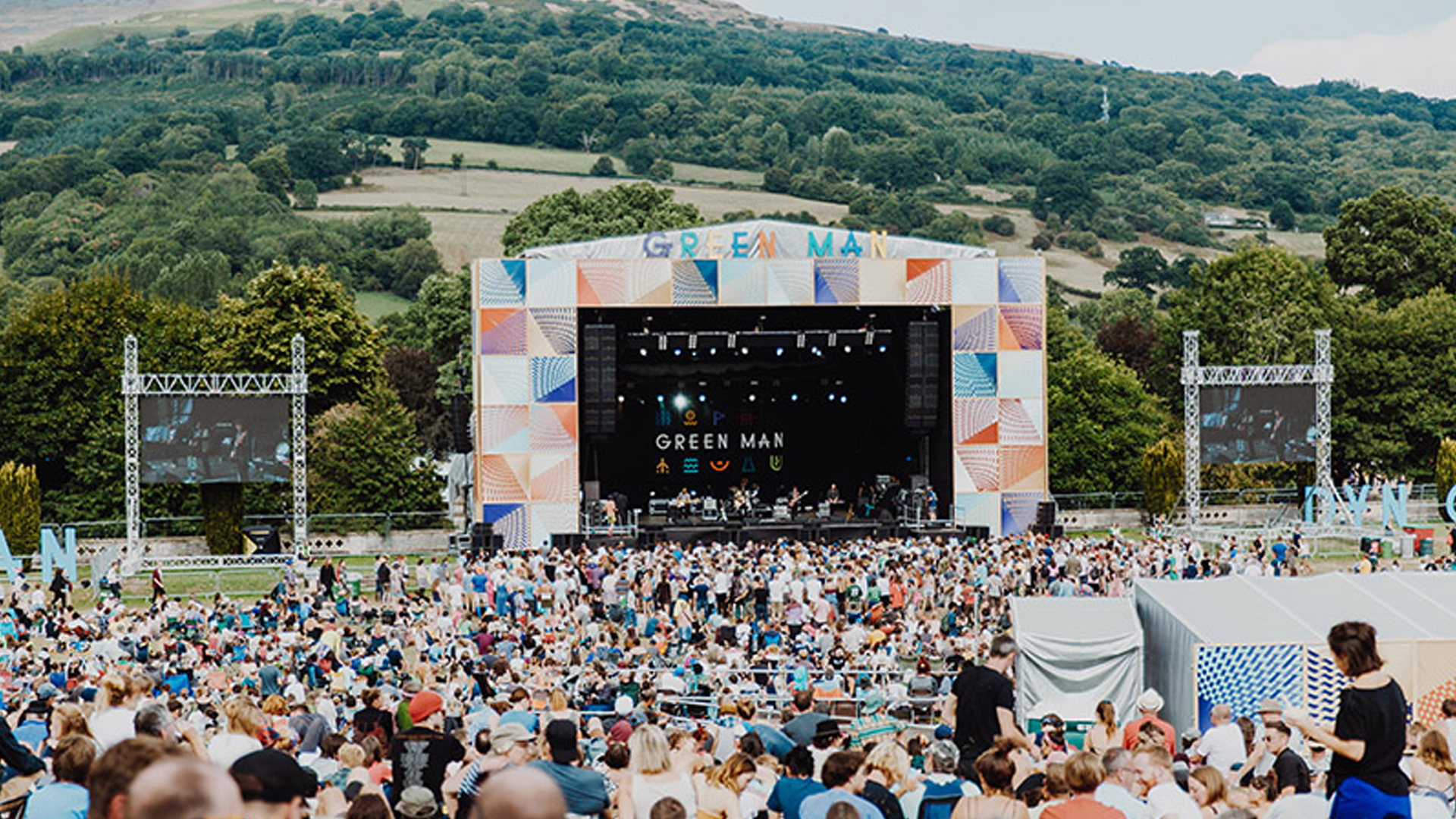If you thought Covid-19 sweeping across the country in March last year was terrible enough to endure, spare a thought for communities in England and Wales which were caught while still reeling from another major disaster not a month prior. Amid all the turmoil and confusion that ensued with the global pandemic, it quickly became forgotten that Storm Dennis had struck in mid-February 2020, causing historic flooding, destruction and danger to life. Imagine having your home and possessions wrecked by filthy water, only for your misery to be further compounded by lockdown and all that came with it.
One such community severely affected was Crickhowell in south-east Powys, on the edge of the Brecon Beacons. Aerial footage and photographs of a large part of the pretty market town and its 18th-century arched bridge marooned in the swollen River Usk were beamed all over the world – a terrible emblem of the fate which had befallen large parts of the UK. Like a lot of music fans, I found those scenes distressing to see because Crickhowell has become synonymous for me over the years with one of the world’s greatest festivals, the bucolic celebration of indie, folk, psychedelic rock and electronica that is Green Man, which takes place just outside the town on the Glanusk Estate, itself affected by flooding.
Most years I’ve been to the festival I’ve stayed in town rather than onsite. A long, slow, typically slightly hazy walk each early afternoon along the footpath which skirts the edge of fields beside the winding Usk, music from the main stage in the distance growing steadily louder, has become a cherished ritual. I’ve thought about it often during 18 months starved of live music.
It should represent an important moment of resurgence not just for music fans and the live music and events industry, but also the local community in which the festival is so firmly embedded
Equally, I’ve thought of the countless memorable encounters I’ve had with people both at and outside of the festival – the taxi drivers who have come to know my name while ferrying me around, hoteliers, shop and cafe owners. Green Man brings in a huge amount of money to the local economy; the festival’s cancellation in 2020 was yet another cruel blow.
This month, all being well regarding the continued easing of Wales’ Covid restrictions, Green Man finally returns (tickets sold out in 18 minutes this year before a line-up had even been announced). It should represent an important moment of resurgence not just for music fans and the live music and events industry, but also the local community in which the festival is so firmly embedded. Where some major music events land in their environment each year like a giant alien spaceship, leaving little lasting positive legacy, Green Man (“the Green Man” as locals all seem to call it) is a great example of a festival which has put down roots and established a lasting synergy with its surrounds across 15 years at current location. Despite having grown from 6,000 to a 25,000-capacity event in that time, its footprint feels light for such a large gathering.
A beautiful part of the world, steeped in history and mythology, Crickhowell and the wider area at the feet of the Black Mountains feeds into the appeal of a discerningly and conscientiously curated and run music festival. Storm Dennis proved just how bonded the two have become: immediately following the floods, Green Man and its charity wing, the Green Man Trust, pledged £5,000 each to Crickhowell’s recovery, before helping to raise a further nearly £16,000 through pledges from fans. The money was quickly directed to 63 of the most vulnerable households. Green Man’s founder and director Fiona Stewart was a homeless single mum as a teenager, and has never forgotten the experience.









